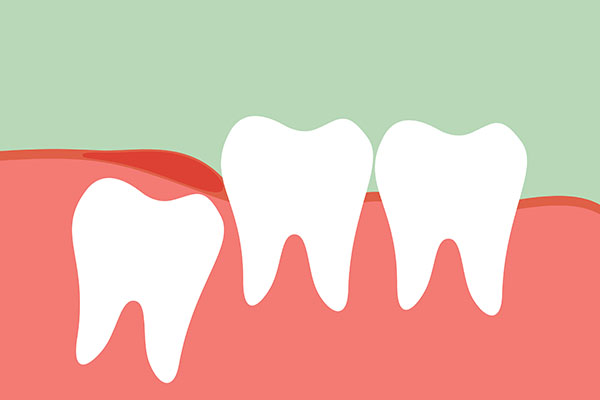How Often Should You Have an In Office Dental Cleaning?

Many people only visit the dentist for a dental cleaning and checkup when there is a problem. Home oral hygiene is important, but these dental appointments are also necessary to prevent oral issues such as cavities and gum disease, but how often should you visit the dentist’s office? Continue reading to find out more about in-office dental cleaning.
The need for dental cleaning appointments
Most dental professionals recommend going in for an in-office dental cleaning every six months. Patients who have a history of gum disease will need to get their teeth cleaned more often to prevent infections or oral diseases from reoccurring. Those with chronic conditions such as diabetes or heart disease should get their teeth cleaned regularly since the conditions are linked to dental problems.
At the least, one should endeavor to visit the dentist once per year. In that case, diligence with at-home oral hygiene practices is very important. Anyone with a high risk of developing dental issues will need at least three to four yearly appointments to keep their oral health in good condition. Other people who may need more frequent dental appointments include:
- Pregnant women
- Smokers
- People with weak or compromised immune systems
- Those with a predisposition to cavities
A dental cleaning removes the bacteria colonies responsible for plaque, but they start to recolonize the mouth in as early as 24 to 48 hours. Even with good oral care at home, it is hard to avert the buildup of plaque in certain areas of the mouth. The longer plaque lingers on the teeth, the more it calcifies into tartar. Once plaque hardens, normal toothbrushing or flossing cannot remove it. It will take the special tools and techniques of the dentist. By going in for a professional dental cleaning at least twice a year, patients are less likely to get a heavy accumulation of plaque and tartar that may cause oral health problems.
Benefits of a dental cleaning
There are many vital reasons to visit the dentist regularly for a dental cleaning. The process eliminates stains and discoloration that may affect the smile’s appearance. During the appointment, the dentist will be able to check for signs of oral health issues and recommend treatment before any problems worsen.
A dental cleaning also removes hardened plaque or tartar from the teeth, thus reducing the risk of developing gum disease or tooth decay, which may result in tooth loss. Additionally, poor oral health is associated with other health problems such as immune system disorder and oral cancer, so it is advisable to go for the cleaning procedure regularly.
Dental cleaning process
During the appointment, the dentist will examine the teeth for obvious signs of tooth decay. After that, they will start removing plaque and tartar from the teeth. The process may be somewhat uncomfortable, especially if the person has not had their teeth cleaned in a long time. However, rest assured, the dental professional will try to keep the patient as comfortable as possible.
In summary
Dental cleaning is essential when wanting to maintain good oral health and avoid dental issues. The dentist will recommend how often to visit the dental office based on the result of their examination.
Request an appointment here: https://www.drelloway.com or call Randal S. Elloway DDS, Inc at (530) 527-6777 for an appointment in our Red Bluff office.
Check out what others are saying about our services on Yelp: Read our Yelp reviews.
Related Posts
Your third molars are your wisdom teeth. These teeth appear between 14 and 30 years old. Your mouth is not big enough to have two third molars on the upper jaw and another two on the lower jaw. This results in third molars growing in incorrect positions. Infection is a common outcome of wisdom teeth.…
People often have wisdom teeth extraction performed when these teeth come in behind the second molars of the upper and lower jaw. Wisdom teeth appear between the ages of 17-25 and may crowd the other teeth, causing pain and possibly changing the bite of the teeth. Those who undergo an extraction often have questions about…
There are numerous reasons why dental professionals recommend wisdom teeth extraction, and one is to prevent teeth misalignment. Wisdom teeth are the third molars located in the lower and upper parts of the jaw, behind the other molars on both sides. The teeth generally appear years after the other permanent teeth have come up. In…
If your wisdom teeth have begun to emerge, it is time to speak to your dentist. When these teeth are impacted, they can have some serious effects on your oral health. It is important for you to understand the risks these teeth pose and the steps you should take. Your dentist can walk you through…


